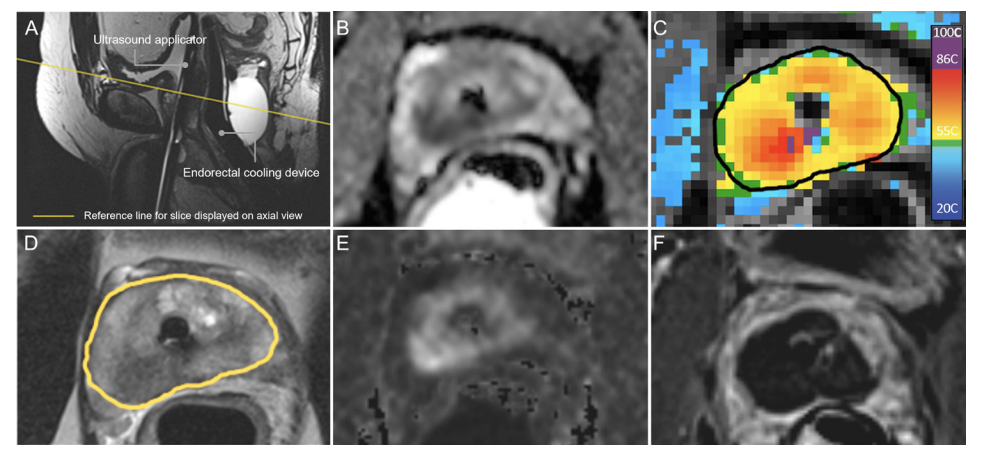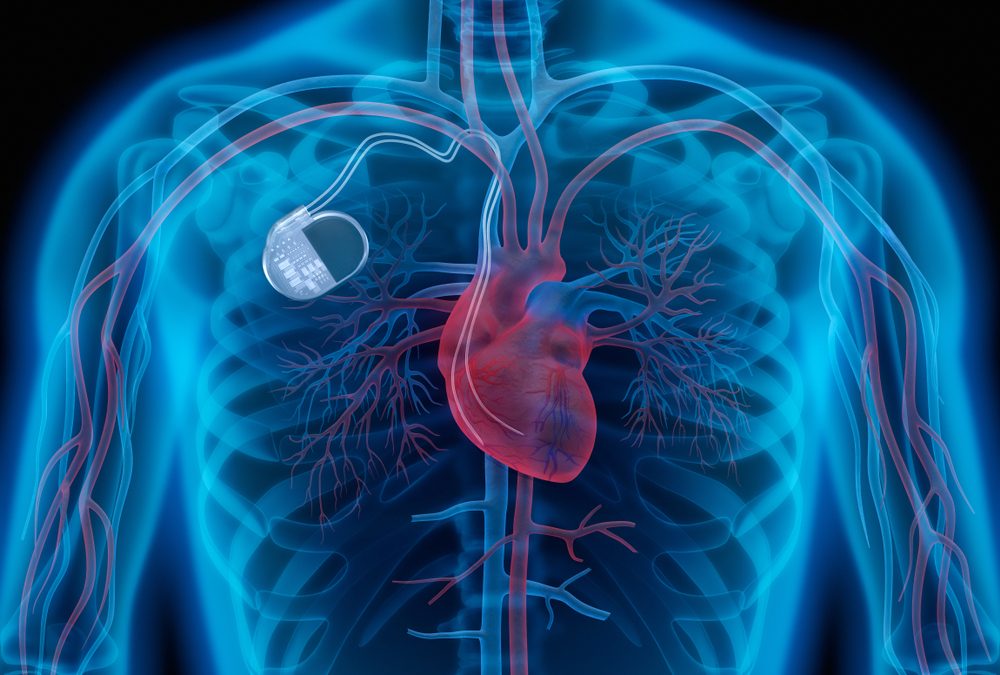
by Busch Center | Feb 25, 2022
Prostate cancer continues to have a negative impact on the duration and quality of life for males and their families. MRI is transforming the pathway of prostate cancer detection, diagnosis, staging, and surveillance, backed by multiple Level 1 studies and robust...

by Busch Center | Jan 16, 2022
Benign prostatic hyperplasia (BPH), also called prostate gland enlargement, is very common in older men. By age 60, over one-half of men have BPH; by age 85, the number climbs to 90%, according to the American Urological Association (AUA). An enlarged prostate gland...

by Busch Center | Feb 11, 2021
The most common prostate-related issue for men over 50 is prostate enlargement. By age 60, over half of men will have Benign Prostate Hyperplasia (BPH), or non-cancerous prostate enlargement. By age 85, that number increases to 90%. Causes The prostate is...

by Busch Center | Oct 2, 2020
The use of pacemakers has increased dramatically in recent years, partly due to our aging society. An estimated 75 percent of patients who have an implantable cardiac electronic device, such as a pacemaker, will need magnetic resonance imaging (MRI) during their...

by Busch Center | Mar 3, 2020
After being diagnosed with prostate cancer, you’ll work with your medical team to determine the most appropriate next steps. For some patients, that means active surveillance; for others, treatment is warranted. Regardless of the recommended approach, many...






